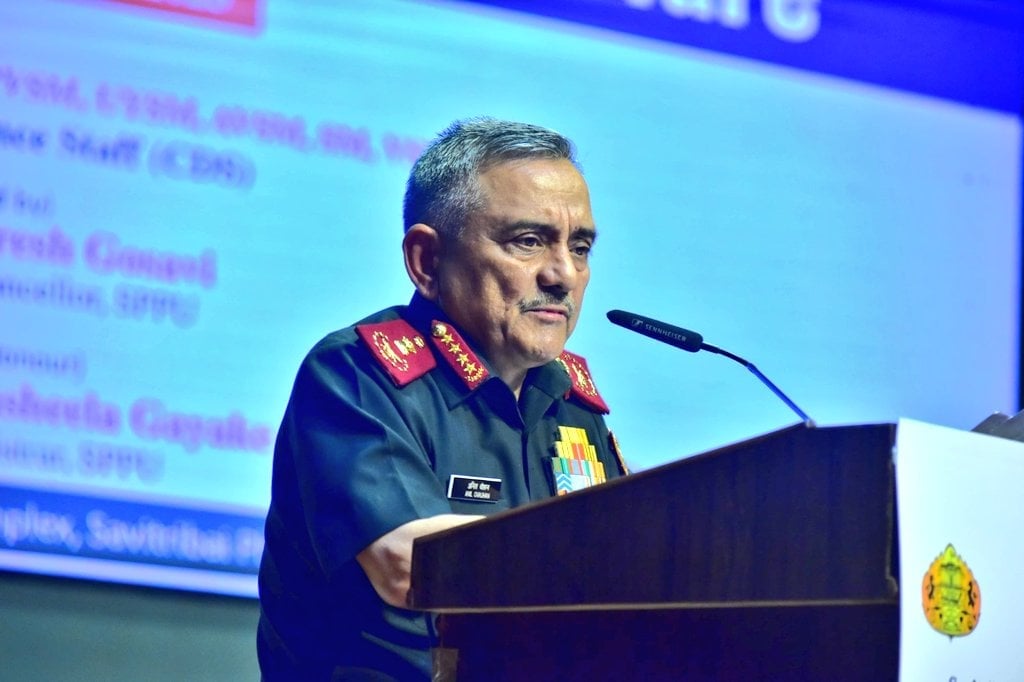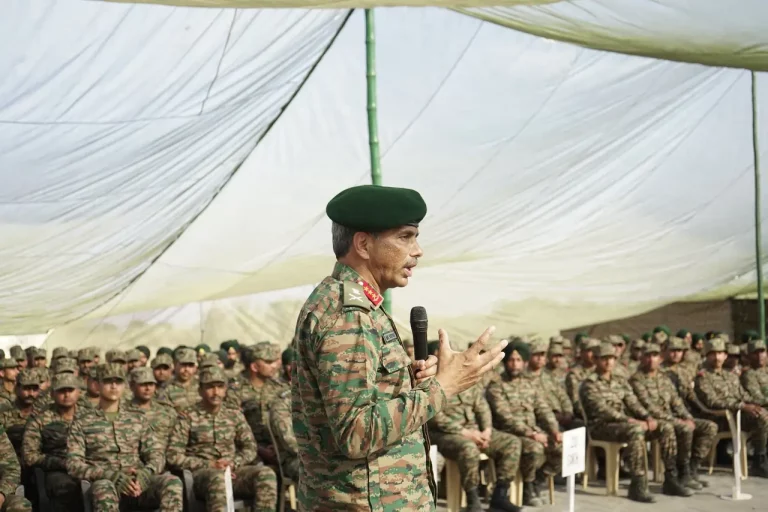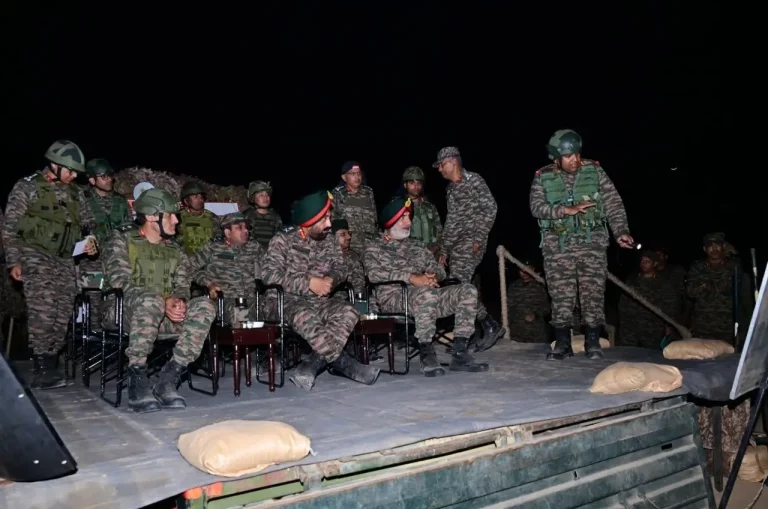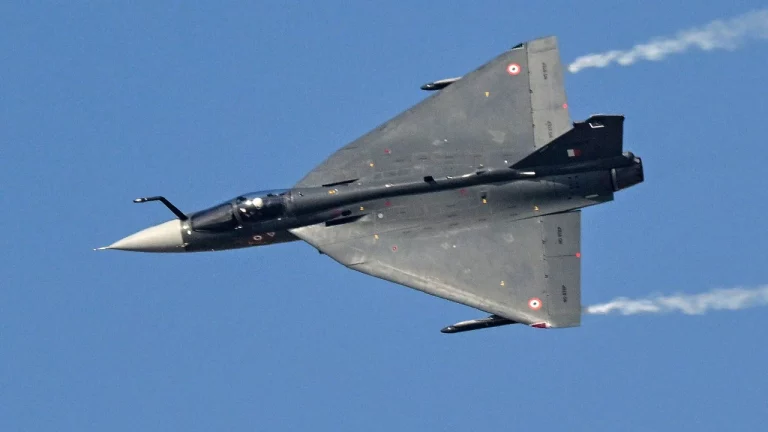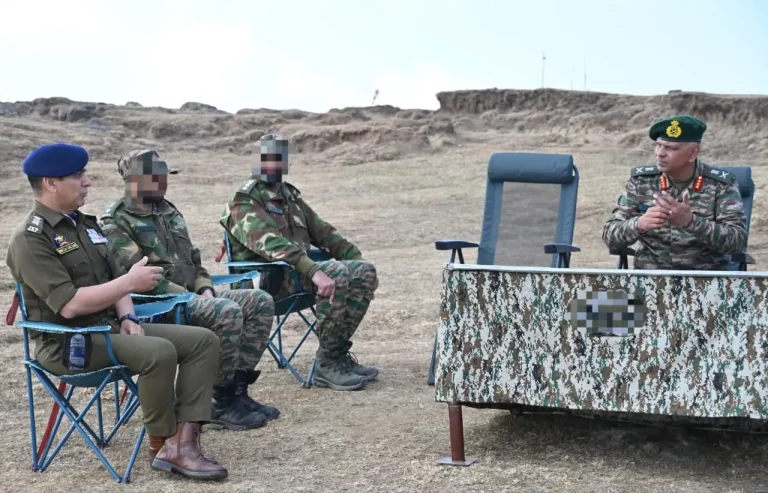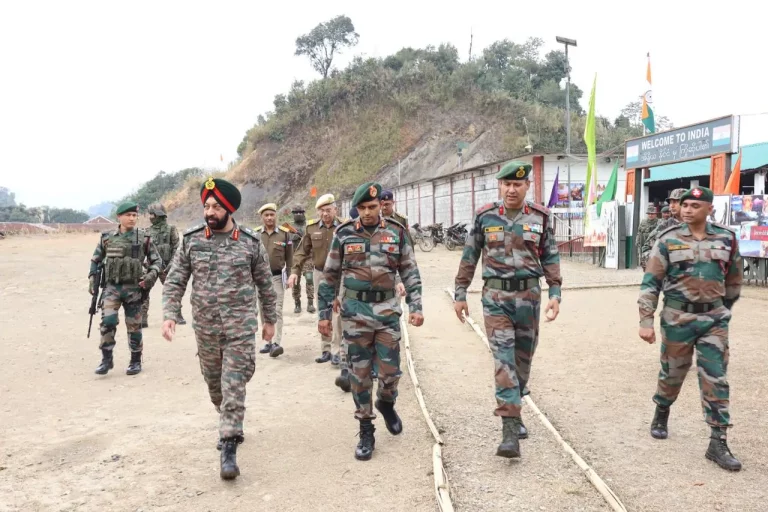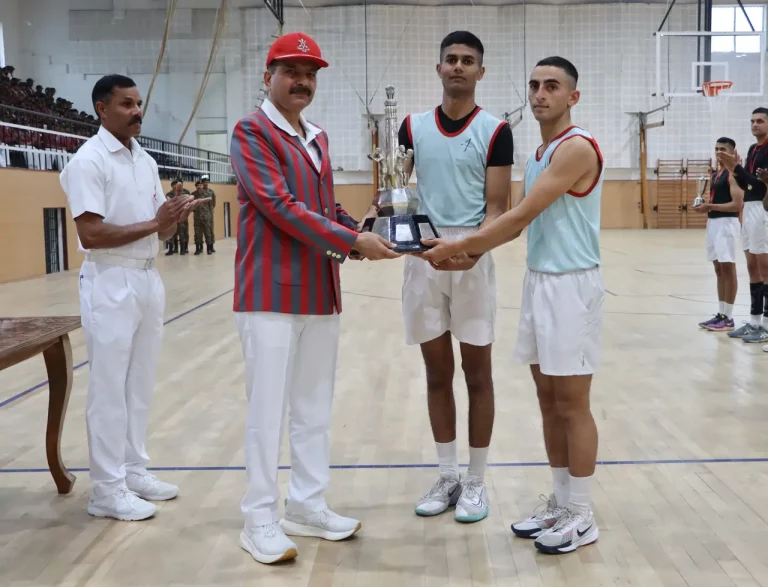General Anil Chauhan, India’s Chief of Defence Staff, recently delivered an insightful lecture at Savitribai Phule Pune University, emphasizing the dynamics of “Future Wars and Warfare.” His address drew attention to how military conflicts are being reshaped by technological advancements and complex geopolitical environments.
Addressing a varied audience comprising military personnel, researchers, and students, General Chauhan underscored the transformative impact of emerging technologies like artificial intelligence (AI), machine learning (ML), and quantum computing. He articulated that these innovations are transitioning battlefields into realms characterized by intelligence and data-driven strategies, where speed and precision become critical elements of military engagement. “AI, ML, and quantum tech are enabling the intelligentisation of the battlefield,” he noted, pointing to how these tools enhance decision-making processes and operational readiness.
A focal point of General Chauhan’s lecture was India’s recent Operation Sindoor, which aimed at neutralizing terrorist camps through precision strikes. He hailed this operation as a benchmark for integrated multi-domain warfare, showcasing India’s capacity to synchronize efforts across various sectors—including land, air, maritime, cyber, and space. He stated that the operation exemplified the successful coupling of kinetic and non-kinetic methods to convey a strategic message. In response to critique over the initial loss of some combat aircraft during the operation, he emphasized the importance of mission outcomes over temporary setbacks.
The General highlighted a paradigm shift in modern conflicts, suggesting a trend toward a “demassified but capability-integrated” approach. He cautioned that traditional large military platforms might become liabilities in future conflicts, advocating for a focus on advanced air defense systems, interconnected communication networks, and expedited data sharing among military branches. This perspective aligns with India’s ongoing development of new anti-ballistic missile systems—AD-1 and AD-2—designed to intercept medium and long-range threats, reinforcing the nation’s commitment to creating a resilient defense infrastructure.
Advocating for a significant doctrinal shift from attritional warfare to cognitive dominance, General Chauhan stressed the necessity of mental agility, tactical innovation, and collaborative force development amidst evolving threats. He championed “tactics-led modernization,” deeply rooted in indigenous capabilities, to ensure India’s strategic autonomy. He cited quantum technology’s promising potential in areas such as logistics and battlefield decision-making as a pivotal aspect of future readiness.
In discussing regional security, General Chauhan directly addressed the issue of Pakistan’s continued use of proxy warfare, alluding to its strategy of “bleeding India by a thousand cuts.” He presented Operation Sindoor as a definitive stance by India, declaring that the nation would not accept cross-border terrorism cloaked in the guise of nuclear deterrence.
The lecture culminated with university officials, including Vice-Chancellor Prof. (Dr.) Suresh Gosavi and Pro-Vice-Chancellor Dr. Apoorva Palkar, presenting a token of appreciation to General Chauhan. Attendees departed with a clearer understanding of India’s defense outlook, emphasizing a future founded on integration, innovation, and strategic resilience.
